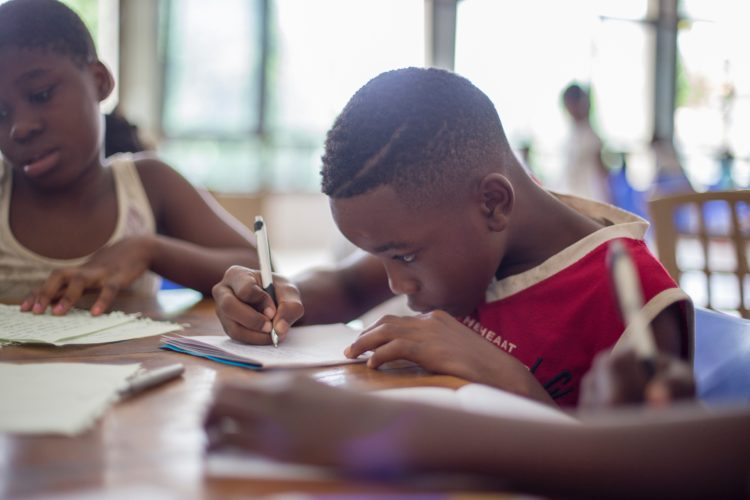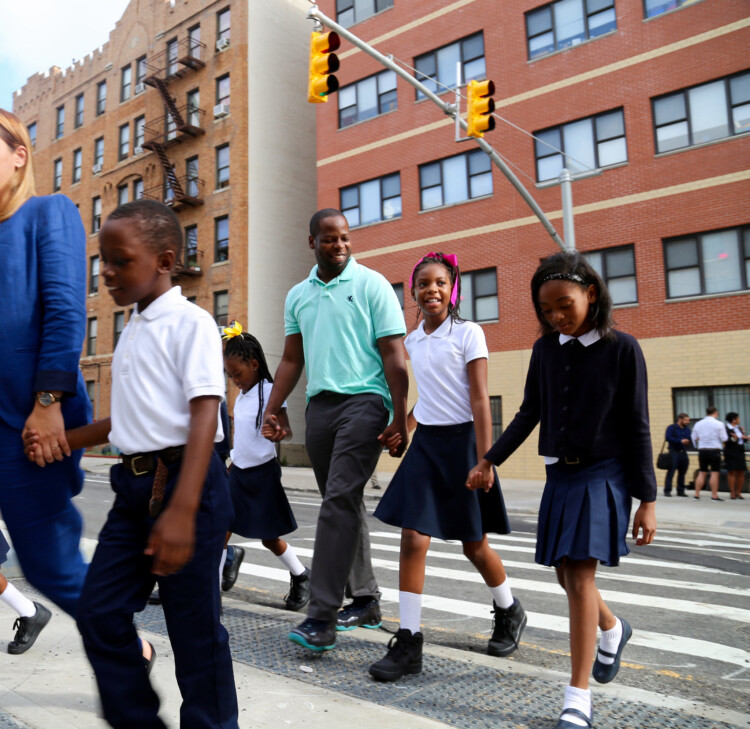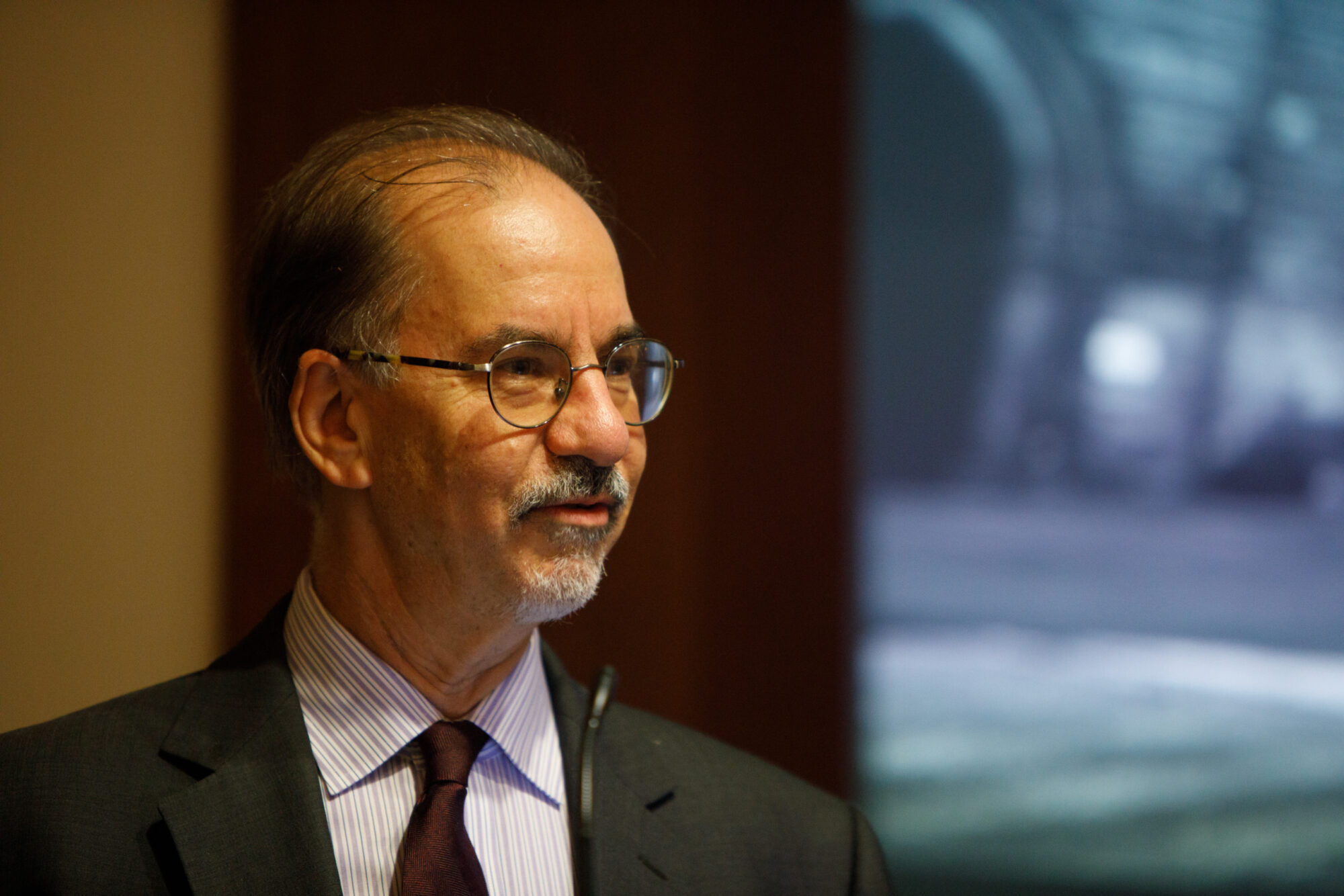Since 2015, the William T. Grant Foundation has funded research on programs, policies, and practices that reduce inequality in youth outcomes. We have supported a diverse pool of highly accomplished researchers, including some who have produced affirmative causal evidence on specific ways to reduce inequality (and others who have provided equally valuable evidence on what does not reduce inequality). These studies offer valuable insights on strategies to reduce inequality among young people in our nation. Still, deploying this evidence will leave us short of our ultimate goal. Why?
Inequality will continue as long as systemic racism and the structural foundations of inequality remain in place
Even as our grantees identify effective programs and policies, and even if those programs and policies are implemented well and scaled up to work in many places, inequality will continue as long as systemic racism and the structural foundations of inequality remain in place. For example, even as education became less unequal during the course of the 20th century, the Black-White gap in wages has remained stubbornly persistent. And while there’s plenty of evidence to indicate bias in hiring decisions, racial inequality in economic circumstances also reflects the uneven transmission of resources from one generation to the next and a labor market that rewards skills that Blacks have fewer opportunities to obtain, due to persisting discrimination in housing, education, the justice system, child welfare, and other social institutions. Likewise, economic inequality is inherent in a structure that enables those who are already advantaged to hoard opportunities that others lack. The mortgage tax deduction, for example, only goes to those who own property, which itself has been racialized by discriminatory policies. Similarly, education tax credit plans benefit those who have enough wealth for such tax-free savings, and employer-based health care coverage is limited to those whose employers provide that benefit. Moreover, the absence of paid parental leave means that only children who have two parents at home and whose families have sufficient means to have one parent temporarily leave the labor market can receive full-time care from a parent in their earliest months. These conditions create a built-in advantage for children from more affluent families compared to their less affluent peers. If we wish to reduce inequality it will not be enough to identify programs that compensate for such built-in obstacles—we need to overturn the obstacles from the start.
We have been alarmed about this limitation to our grantmaking for some time. In November 2020, we announced a new special interest within our request for research proposals to reduce inequality in youth outcomes. We called on researchers to propose studies that aimed to reduce youth inequality by combating systemic racism and upending the structural foundations of inequality. We have already begun to fund research along these lines. Here are three examples:
Youth in Relation to Returned Land is a grant to Professor Eve Tuck and colleagues at the University of Toronto. Whereas land dispossession is clearly a structural source of inequality for Indigenous youth, the opportunity to examine the return of land is rare indeed. Yet in 2019, the mayor of Oakland, CA, returned several acres of Ohlone land to the Sogorea Te` Land Trust, creating a unique opportunity to study how land return may begin to redress deeply rooted inequalities. Using interviews, participatory visual methods, surveys, and focus groups, Professor Tuck and her colleagues will examine how Indigenous youth reconnect to the land, a process theorized to be an important step in improving youth lives. In addition to examining youths’ experiences and how they make meaning of land return, the study will explore how adults in the community perceive land return.
Sanctuary City Policy is a grant to Professor Celia Ayón of the University of California-Riverside for research that confronts the harm to children’s mental health that is a consequence of our broken system of immigration. Past research has shown that all immigrant-origin families are vulnerable to the hostile immigration climate, regardless of their documentation status. Sanctuary city policies are an effort to buffer children and families from these harmful effects. Professor Ayón and her colleagues will use three different quasi-experimental approaches to examine the impact of sanctuary city policies on the mental health of Latinx children in California. A key to their study is a data base they created on the adoption of sanctuary and anti-sanctuary policies across 482 cities in the state.
First, we need research to examine what steps are feasible and practical, how they are experienced by participants, and what consequences they would bring.
Each of these studies exemplifies an approach to change the very structure of society to reduce inequality not just for those who are targeted by a particular program or policy, but for generations to come. Significantly, the three examples involve different disciplines and methods of research. They are also bold and imaginative. Do we think that Americans will pay the descendants of enslaved persons the reparations they are owed, return land stolen from Indigenous peoples, or make all cities sanctuaries for immigrants? Not today, but perhaps tomorrow. First, we need research to examine what steps are feasible and practical, how they are experienced by participants, and what consequences they would bring. Moreover, these studies can revolutionize our thinking as they shift our gaze from ameliorating the impact of structural inequality to re-imagining different ways to redress historical racism through land return, reparations, and creating communities that embrace immigrants rather than express xenophobia. We are not saying that the only studies worth pursuing are those that address structural concerns (an essay by grantee David Yeager explains why we continue to fund studies of programs, policies, and practices to reduce inequality), but we do hope these examples represent the start of a robust portfolio of scholarship that tackles the big questions.









